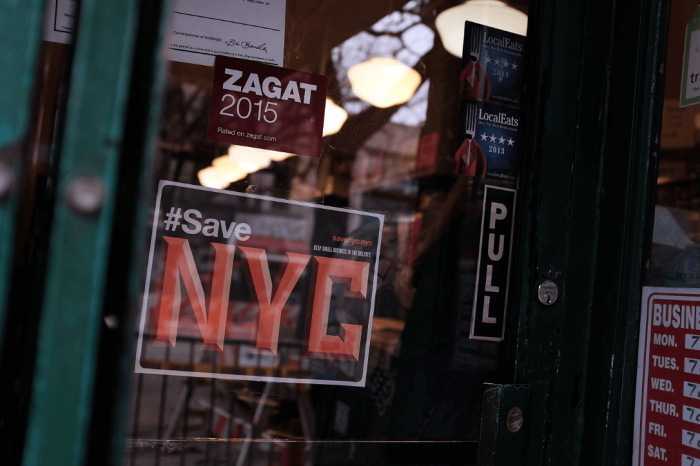Following marathon talks in Brussels, EU leaders have agreed to offer Greece a third bailout – with a Grexit having been averted. Now, Greece must accept and pass into law the conditions of the latest bailout by Wednesday. Stella Ladi, lecturer at Queen Mary University, London, and member of the UK-based think tank Greek Politics Specialist Group, discusses with Metro the implications of the 11th hour deal to save the Greek debt crisis. Q: What does this mean to the Greek people?
Stella Ladi, lecturer at Queen Mary University, London.
|Provided” title=”| Stella Ladi, lecturer at Queen Mary University, London.

Stella Ladi, expert on Greek crisis, weighs in on new bailout program

– This is a harsh agreement that will bring more austerity to the Greek people. However, it’s better that we have this agreement rather than a Grexit, but all this pain could have been avoided if the last six months were not wasted in fruitless negotiations.
Q: What does this mean for the Eurozone?
– This is good news for the Eurozone since a real split has been avoided in the first place. At the same time Germany has very clearly shown its real face and it is now more important than ever before to rethink the way the Eurozone works and should work in the future.
Q: On the Sunday before last, Greece held a referendum to reject the international creditors’ previous terms, in effect to say ‘no’ to further austerity. However, Greece will now face more austerity in its latest bailout, so what was the point of the public vote?
– The government argued that a “No” answer to the referendum would strengthen its positions in the negotiations with the EU partners. As we can clearly see from the results of the EU summit, this was clearly not the case. My understanding is that the referendum took place in order for Greek Prime Minister Alexis Tsipras to share the responsibility of his decision with the people of Greece and the rest of the political parties – in other words, to avoid the full responsibility of his actions.
Q: Greece will now have to pass new reforms by Wednesday. What do Greeks think about it?
– Three-quarters of Greeks want to stay in the Eurozone. This means that they will accept the reforms in the first instance. I expect the parliament to pass the necessary legislation by Wednesday.
Q: Will there be snap elections?
– It is possible that this new bailout programwill strengthen even more the radical voices in Greece and we will soon have political developments. A government reshuffle would be the least of them.
Q: Fears of a Grexit have been averted. Is that true?
– That’s true for the moment and if both sides work closely together and regain trust it should remain so. The fact that the new agreement is too harsh makes it more difficult for the Greek government to persuade the people that is worth it. If the radical voices prevail we may again see Greece in the headlines soon.
Q: What’s next?
– The agreement has to pass from the Greek and German parliaments as well as some more national parliaments, and the new Memorandum of Understanding has to be designed. At the same time the liquidity of the banks should be strengthened and Greece, with the help of its partners, should pay the instalments to the ECB and the IMF. The real economy has to re-start.


















